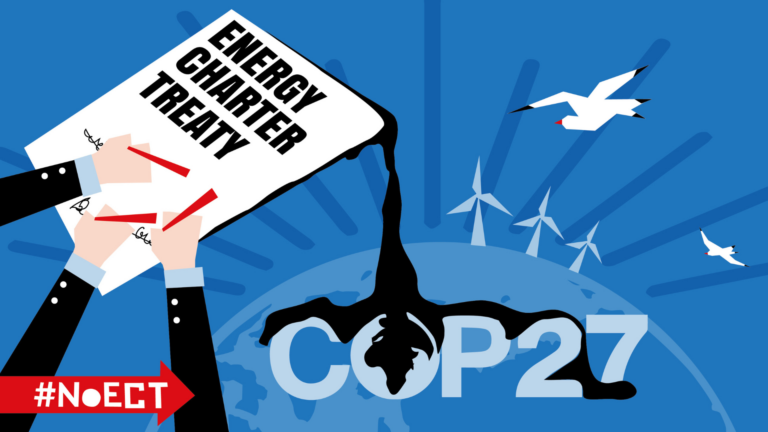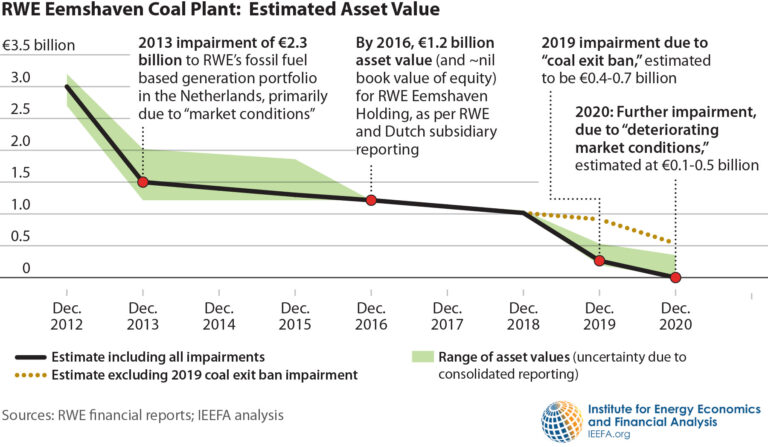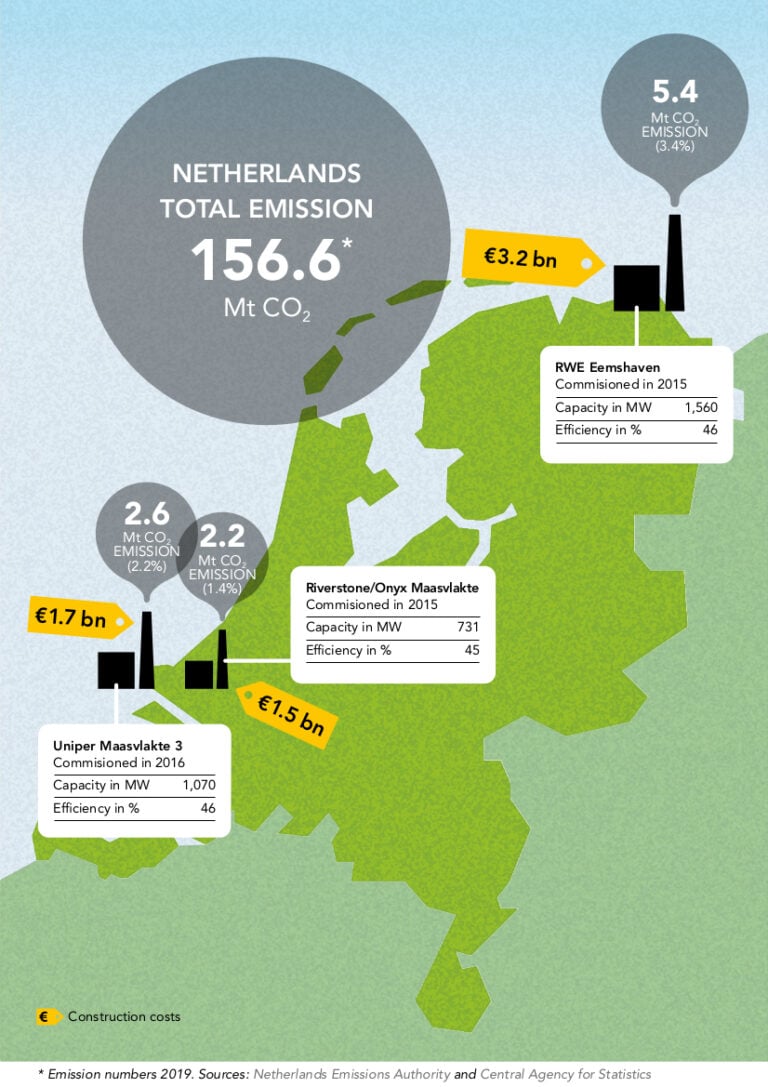
The Netherlands wants to exit Energy Charter Treaty
In a parliamentary debate on Tuesday, Dutch minister of Energy and Climate Rob Jetten spoke out in favour of exiting the Energy Charter Treaty (ECT). In doing so, he responded to a broad call from civil society organisations and political parties to subordinate the interests of the energy sector to climate policy. “The new text of the ECT is still not in line with the Paris Climate Agreement,” Jetten commented.
Obstacle
Last week, 12 Dutch organisations, including Urgenda, Greenpeace, Milieudefensie and FNV, called on the minister to leave the ECT. The treaty is a major obstacle to meeting the targets of the Paris Climate Agreement, because it protects the interests of multinationals to such an extent that governments could face multi-million-dollar claims if they take climate action.
“A historic decision by the minister,” said Bart-Jaap Verbeek, researcher at SOMO. “With this, he clearly shows that he wants to take big steps to meet the Paris climate targets. A real victory for the climate and future generations. Hopefully the minister will also get his European colleagues on board and we can say goodbye to this treaty together.”
The Netherlands in the lead
With this decision, the Netherlands joins a group of frontrunners in EU. Italy already stepped out of the energy treaty, while Poland and Spain have announced their intention to exit. Other EU member states also have many doubts about the new text of the ECT, and whether it leaves enough room to take strong climate measures.
The minister has not yet clarified when the Netherlands wants to leave the treaty. He is considering to agree with the modernisation of the treaty first. “We call on the minister not to wait. Modernisation also comes with new risks for the energy transition,” Verbeek said.
Adjustments
On 22 November, ECT members will decide whether they agree to modernise the treaty or not. The aim of the treaty amendment is to bring the ECT in line with the Paris Agreement. In reality, however, the adjustments lead to an expansion of companies’ rights, and fossil fuel investments will be protected for a long time to come. In addition, investors in biomass and hydrogen, for example, will soon be able to file million-dollar claims.
Do you need more information?
-

Bart-Jaap Verbeek
Researcher
Related content
-
 Urgent call to the Dutch government: exit the Energy Charter Treaty nowPosted in category:News
Urgent call to the Dutch government: exit the Energy Charter Treaty nowPosted in category:News Bart-Jaap VerbeekPublished on:
Bart-Jaap VerbeekPublished on: -

-
Pull the plug on the Energy Charter TreatyPosted in category:Opinion
 Bart-Jaap VerbeekPublished on:
Bart-Jaap VerbeekPublished on: Bart-Jaap Verbeek
Bart-Jaap Verbeek -
 Research undermines billion euro “compensation” claims by German energy companies for Dutch coal phase-outPosted in category:News
Research undermines billion euro “compensation” claims by German energy companies for Dutch coal phase-outPosted in category:News Bart-Jaap VerbeekPublished on:
Bart-Jaap VerbeekPublished on: -

-
 Busting the myths around the Energy Charter TreatyPosted in category:News
Busting the myths around the Energy Charter TreatyPosted in category:News Bart-Jaap VerbeekPublished on:
Bart-Jaap VerbeekPublished on:

